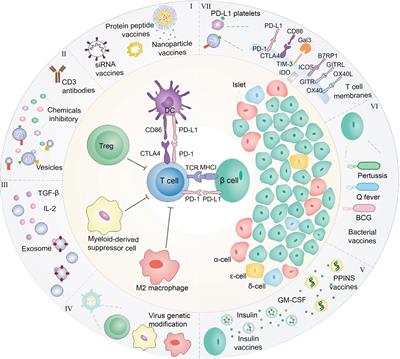ORIGINAL RESEARCH
Published on 10 Jul 2023
Analysis of platelet and monocyte-to-lymphocyte ratio and diabetes mellitus with benign prostatic enlargement

doi 10.3389/fimmu.2023.1166265
- 1,409 views
- 3 citations
29k
Total downloads
69k
Total views and downloads
ORIGINAL RESEARCH
Published on 10 Jul 2023

ORIGINAL RESEARCH
Published on 02 Jun 2023
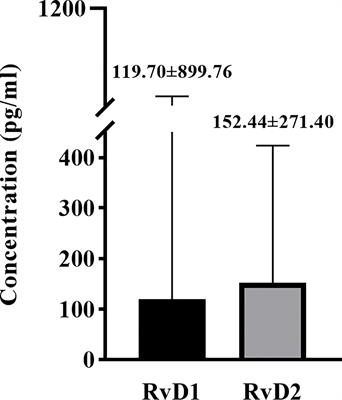
REVIEW
Published on 13 Mar 2023
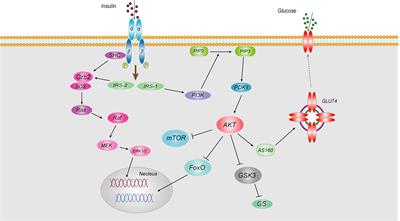
ORIGINAL RESEARCH
Published on 08 Mar 2023
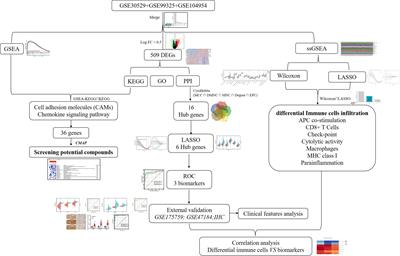
ORIGINAL RESEARCH
Published on 22 Feb 2023
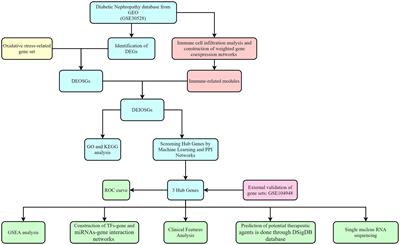
ORIGINAL RESEARCH
Published on 17 Feb 2023
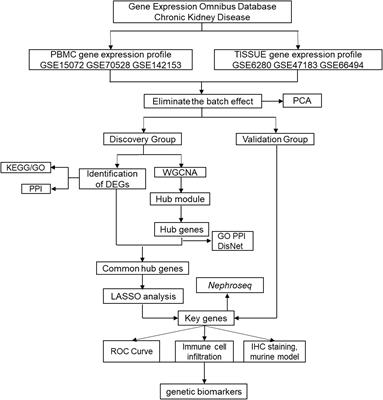
REVIEW
Published on 22 Dec 2022
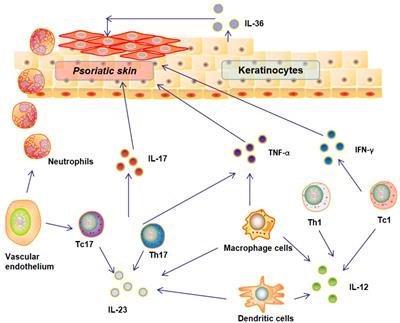
REVIEW
Published on 13 Dec 2022

CASE REPORT
Published on 05 Dec 2022

ORIGINAL RESEARCH
Published on 15 Nov 2022
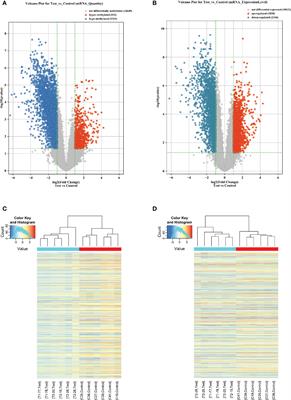
REVIEW
Published on 07 Nov 2022
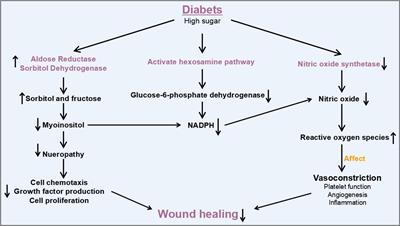
REVIEW
Published on 02 Nov 2022
